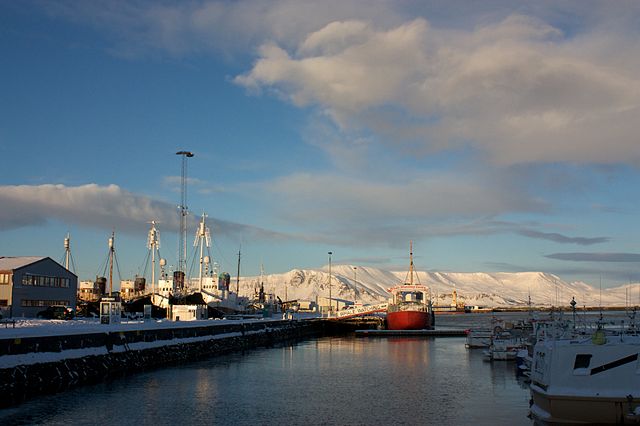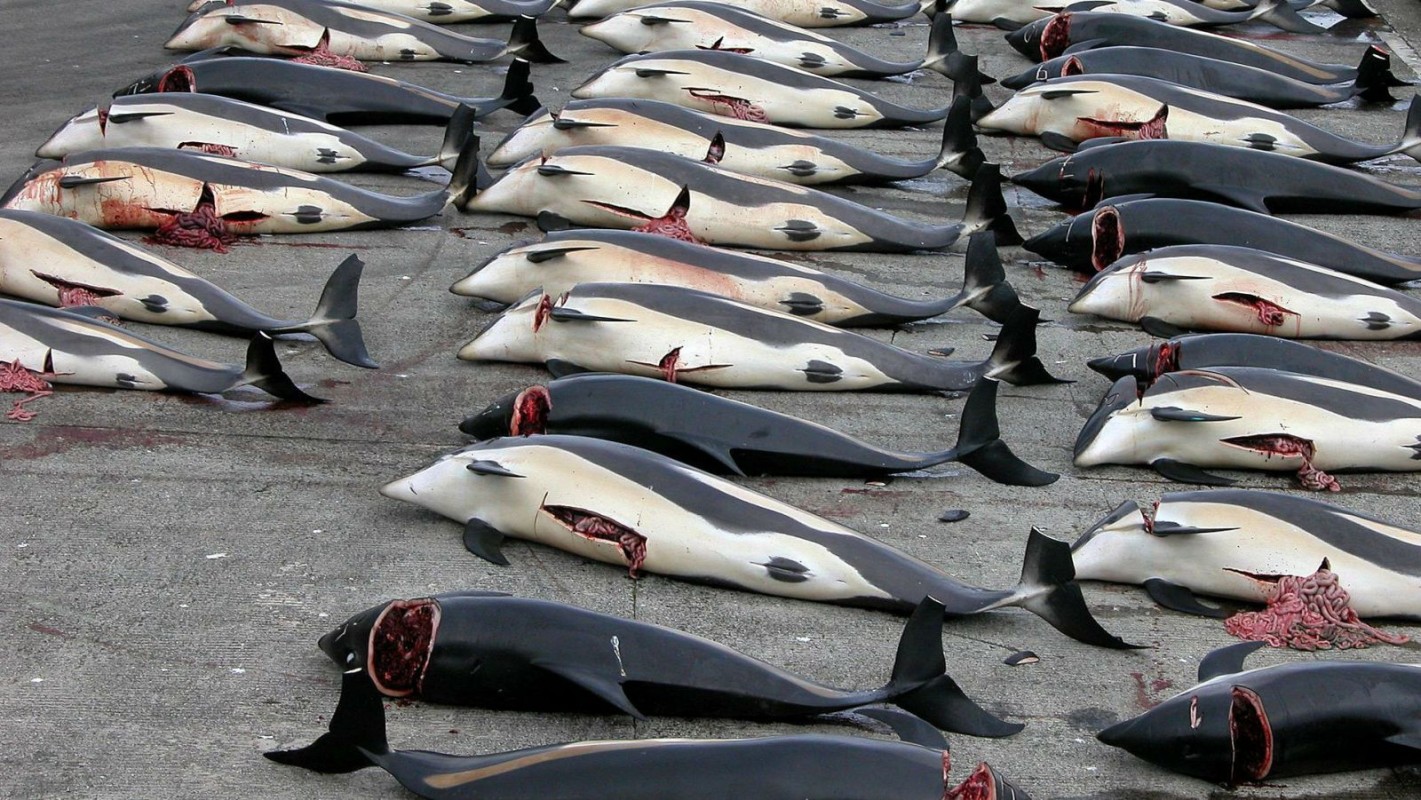 Iceland, one of the last countries to practice commercial whaling, has announced that it plans to end whale hunting in 2024.
Iceland, one of the last countries to practice commercial whaling, has announced that it plans to end whale hunting in 2024.
There are many reasons for this decision, the main being a dying demand for whale meat. Let’s delve deeper into more reasons, as well as the practice of whaling.
A Brief Background on Whaling
Once a widespread practice, whaling has contributed to a serious decline in whale populations. In the 20th century alone, whaling is estimated to have killed three million whales! Whales have been sought after for their valuable blubber and baleen. Species like the sperm whale have lost one-third of their original population, while others are still critically endangered.
To combat this continuous population decline, the International Whaling Commission (IWC), established a temporary ban on whaling in 1982. Several whale sanctuaries were also established in areas of the ocean. Some communities have special permission to continue whaling. These include whaling for scientific or research purposes and by indigenous communities where whaling is important to their culture and survival.
Outside of this, however, countries like Iceland, Norway, and Japan have continued commercial whaling. While Iceland has not participated in the whaling seasons of 2019, 2020, and 2021, more than 1700 whales have been killed since 1986.
Why Is Iceland Ending Whaling?
 Iceland’s decision comes as demand for whale meat has dwindled. Japan, Iceland’s biggest market, defied the IWC’s ban and reopened its own whaling industry in 2019.
Iceland’s decision comes as demand for whale meat has dwindled. Japan, Iceland’s biggest market, defied the IWC’s ban and reopened its own whaling industry in 2019.
At the same time, whale meat suppliers have been hard-hit by stricter safety regulations and the expansion of no-fishing coastal zones. It has become more expensive to hunt whales, as well as more difficult to export whale meat from Iceland.
Also, social-distancing regulations during the pandemic have slowed production in whale meat processing plants. Some companies have also boycotted Icelandic products in protest of whaling. This means whaling may have a negative effect on the country’s overall economy.
As whaling becomes a dying industry, Iceland is likely to end all hunting in 2024 when their whaling license expires. Fortunately, Iceland can look forward to a more successful whale-watching industry—one that will attract tourism and promote awareness of these endangered whales.
Sources: BBC, Al Jazeera, Guardian, NRDC, NatGeo, Scientific American








